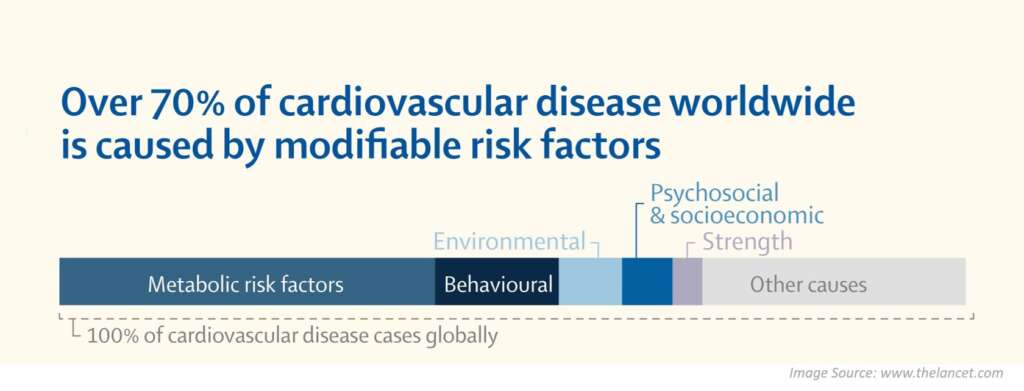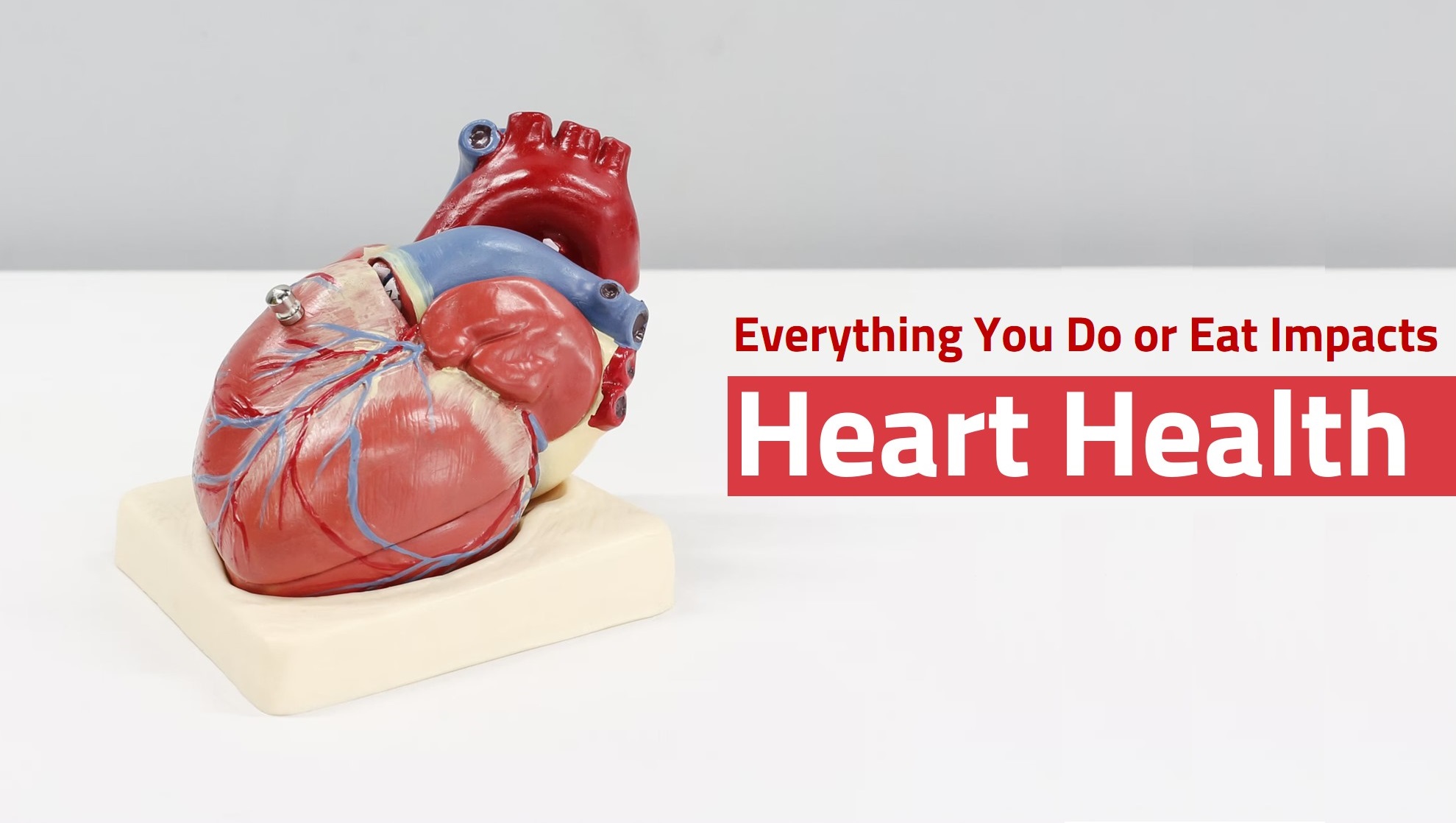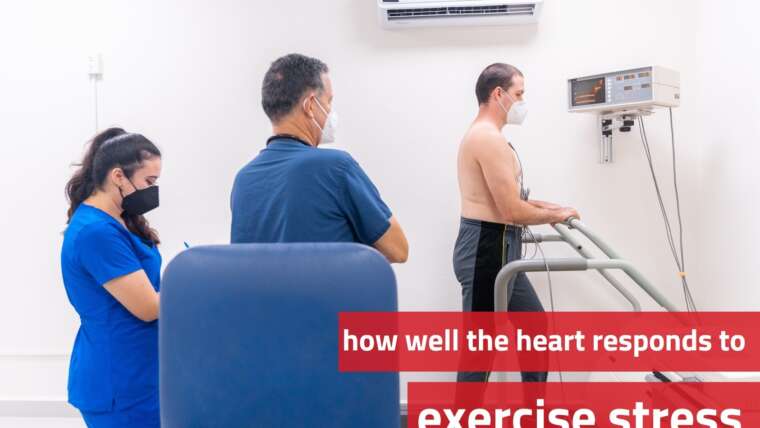Overview
The heart – one of the body’s most vital and hardworking organs. Every day it pumps nearly 2000 gallons of blood. Such a task requires a strong heart, literally. So, you can imagine the importance of having a healthy heart.
World Heart Day is next week (September 29), and it raises awareness around the cause and prevention of cardiovascular diseases around the world. So let us come together and make conscious efforts to know this very important organ and pledge to take care of it.
Taking care of heart means knowing your heart very well like ailments of heart, what could be the possible warning signs and symptoms of a heart disease & how could you maintain a healthy heart.
Cardiovascular diseases (CVDs) around the world
Cardiovascular diseases (CVDs) are the leading cause of death globally, taking an more than 17 million lives each year. More than four out of five CVD deaths are due to heart attacks and strokes, and one third of these deaths occur prematurely in people under 70 years of age. [Source: WHO]

85% of all CVD deaths are due to heart attacks and strokes. There are many risk factors associated with heart disease and stroke. Some risk factors, like family history, cannot be modified, while other risk factors, like high blood pressure, can be modified through lifestyle interventions and treatment.
In short over 70% of CVD risk factors are modifiable.

Understanding different ailments of heart
Heart failure is considered as the most dangerous among all heart problems, but to reach that point your heart goes through number of phases. It usually starts from angina/chest pain due to blockage in the blood vessel which if left untreated may lead to heart attack. Other ailments include: LVH (Left Ventricular Hypertrophy), AFib (Atrial Fibrillation), IHD (Ischemic Heart Disease), CHD (Congestive Heart Disease), Valve Disorders and Cardiomyopathy, and these are common in Indian population.
The most common ailments with high rates of mortality and hospitalization, is heart attack. So it becomes very important to know possible indicators of the onset of heart attack.
Signs and symptoms of heart attack
Signs and symptoms include tightness or pain in the chest, neck, back or arms, as well as fatigue, lightheadedness, abnormal heartbeat and anxiety. Women are more likely to have atypical symptoms than men.
People may experience:
Pain areas: in the area between shoulder blades, arm, chest, jaw, left arm, or upper abdomen
Pain types: can be like a clenched fist in the chest
Pain circumstances: can occur during rest
Whole body: dizziness, fatigue, light-headedness, clammy skin, cold sweat, or sweating
Gastrointestinal: heartburn, indigestion, nausea, or vomiting
Arm: discomfort or tightness
Neck: discomfort or tightness
Also common: anxiety, chest pressure, feeling of impending doom, palpitations, shortness of breath, or shoulder discomfort.
Risk factors of a heart attack
Certain factors contribute to the unwanted buildup of fatty deposits (atherosclerosis) that narrows arteries throughout your body. The risk factors can be categorized as controllable and uncontrollable risk factors.
Controllable risk factors include:
- high cholesterol
- smoking
- alcohol consumption
- obesity
- unhealthy diet
- physical inactivity
- stress
- high sugar level
Uncontrollable risk factors include:
- age – men age 45 or older and women age 55 or older
- family history – people who have a family history of heart ailments are at a greater risk
SEE ALSO: Heart Disease in Women
Preventing heart attack
It’s never too late to take steps to prevent a heart attack — even if you’ve already had one. At lease we can modify those controllable risk factors by adopting a healthy lifestyle. It should be the first step in preventing a heart attack.
Choosing a healthy diet – there are many heart healthy diets that can cut off the risk of getting a heart attack. If we eat too many saturated fats, our heart tends to end up encased in fat. Talk to your cardiologist for a healthy diet option for your heart.
Quit tobacco and alcohol consumption – as they do irreparable damage to your heart.
Regular workout – indulge in physical activity like running, brisk walking, swimming, yoga or some sports.
Know your numbers – keep your cholesterol and blood pressure under control. So get them checked at regular interval.
Manage stress – Managing stress can help prevent serious health problems like heart disease, depression, and high blood pressure.
The bottom line
Keeping your heart healthy is the only thing that could keep us going. So not only on World Heart Day, but let us take pledge to care for our heart every day.




